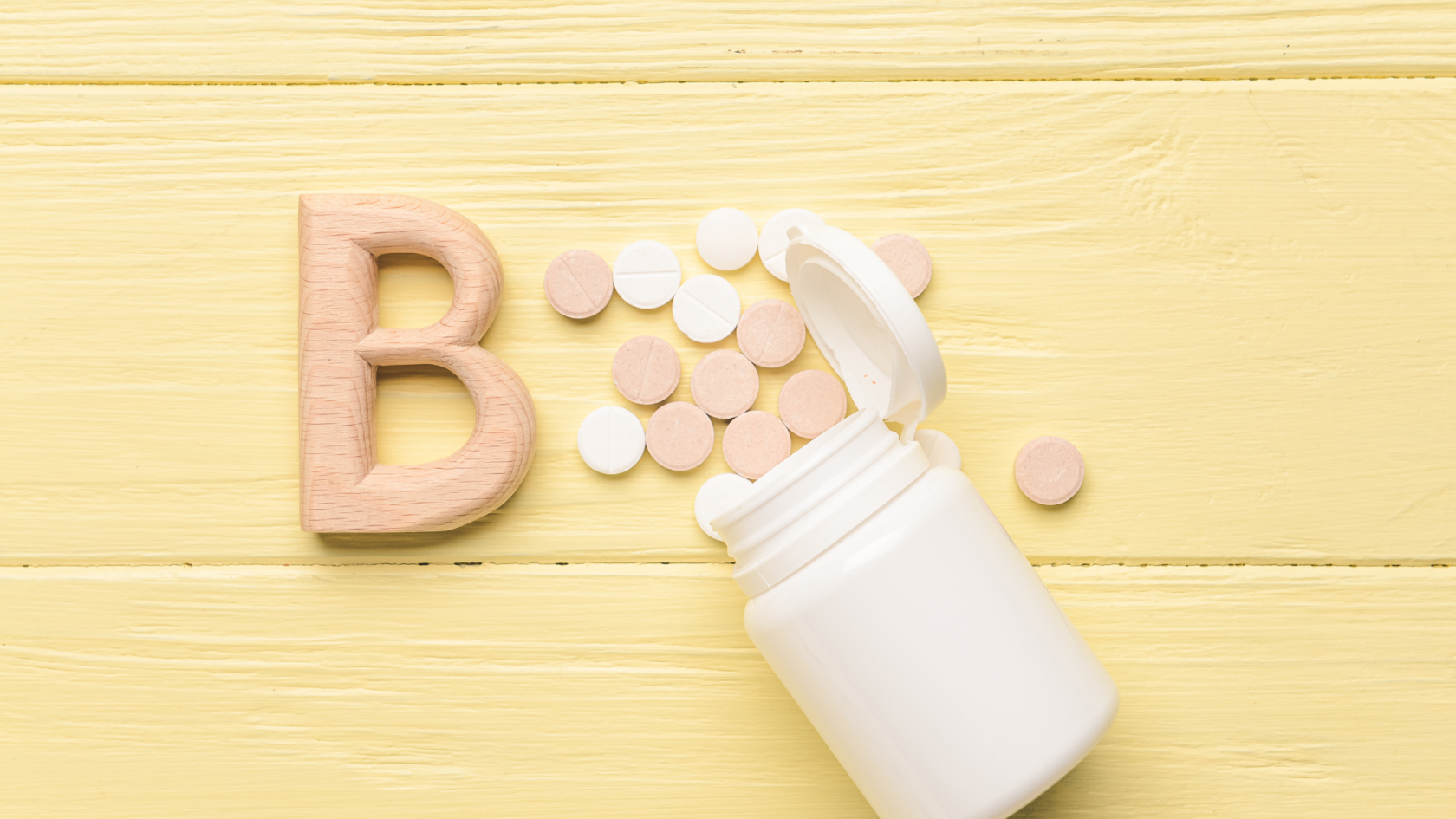© 2024 Panacea
Does Vitamin B Make Your Pee Yellow?

If you've ever taken a vitamin B supplement and noticed your urine turning a bright or fluorescent yellow, you're not alone. This phenomenon is especially common with vitamins like B2 (riboflavin) and B12, both of which are water-soluble and known to cause this change in urine color. But why does this happen, and is it something to worry about?
Why Does Vitamin B Turn Urine Yellow?
When you consume more vitamin B2 or B12 than your body needs, the excess is excreted through urine, which causes the vivid yellow hue. Riboflavin, in particular, has a natural yellow pigment that gets expelled when not fully absorbed by the body. Since B-vitamins are water-soluble, they don't accumulate in your system like fat-soluble vitamins. Instead, your body uses what it needs and eliminates the rest through urination. This is why high doses of vitamin B2 and B12 can result in bright yellow or even neon-colored urine (Dr. Scott Solomons) (Central Texas Urology).
Is It Harmful?
Seeing your urine change color after taking a B-complex supplement might be surprising, but it is completely harmless. In fact, it simply indicates that your body is processing the vitamin intake efficiently and removing the excess. This bright urine color does not mean that you aren’t absorbing the nutrients—it’s a natural way of expelling what your body doesn’t need.
However, if your urine remains consistently dark yellow even with adequate hydration, it could indicate dehydration or other health issues. In such cases, it's a good idea to increase your water intake or consult a healthcare provider (Central Texas Urology).
However, if your urine remains consistently dark yellow even with adequate hydration, it could indicate dehydration or other health issues. In such cases, it's a good idea to increase your water intake or consult a healthcare provider (Central Texas Urology).
Other Factors Affecting Urine Color
While vitamin B is a common cause of bright yellow urine, other factors like dehydration, certain foods, and medications can also affect urine color. For example, foods like carrots and beets, or medications for infections, may also change the hue of your urine. Hydration plays a significant role, too. When you are well-hydrated, your urine tends to be lighter and clearer; dehydration can cause a darker yellow or amber color (Dr. Scott Solomons).
What Should You Do?
If you're concerned about your nutrient intake or wondering if you're getting the right vitamins, consider taking our Test. It’s a quick and easy way to discover potential vitamin deficiencies and get a personalized plan tailored to your health needs.



